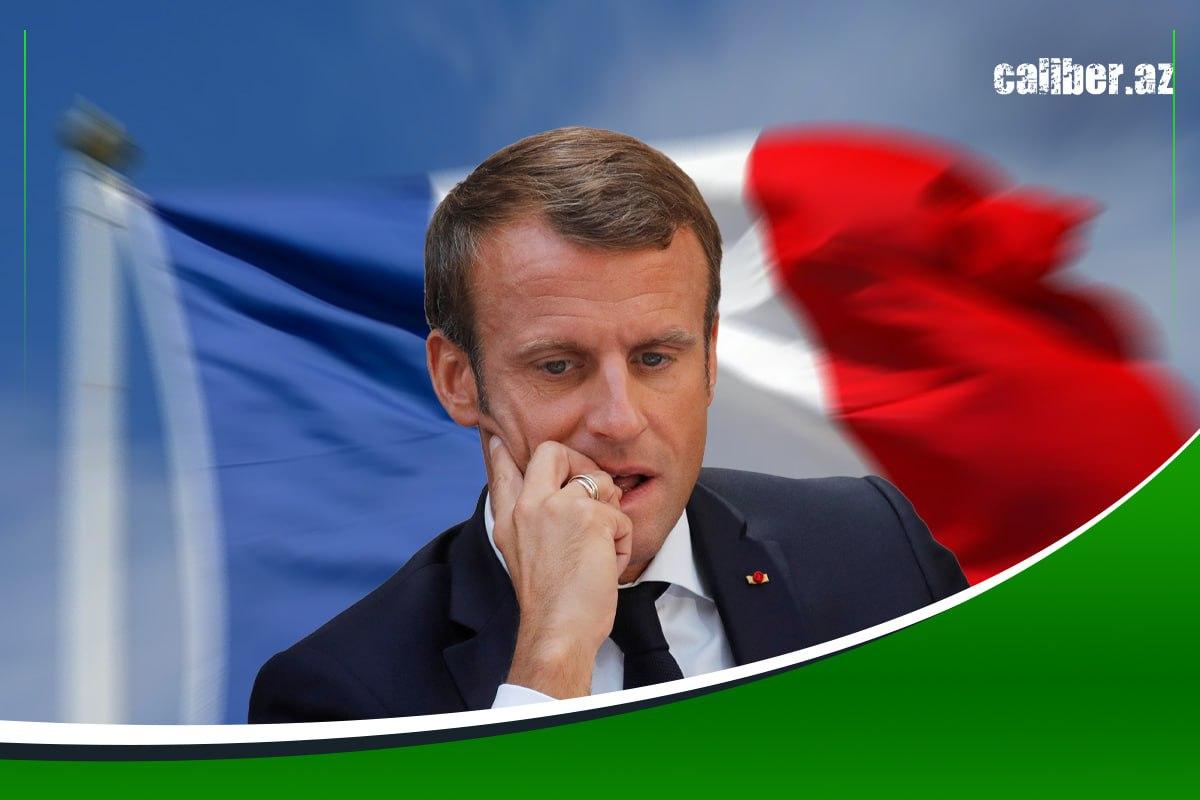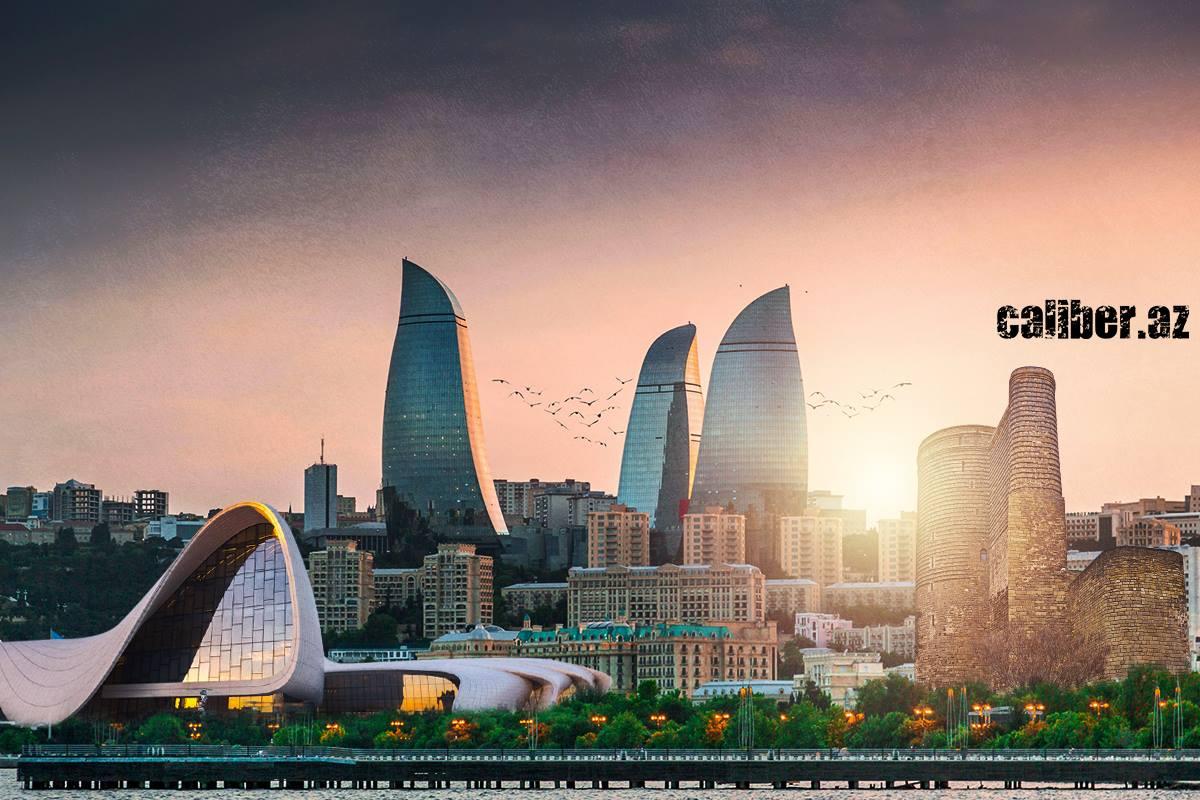US and new world order Azerbaijan stands ready for shift
The United States and the United Kingdom have refused to sign an international declaration on artificial intelligence, which states that the approach to AI development should be "open," "inclusive," and "ethical." The signing of the declaration took place at a summit in Paris, and the French leadership was clearly unprepared for this turn of events.
The agreement resulting from the summit was signed by France, China, India, and other countries. Neither the US nor the UK publicly explained their refusal to sign the document. However, according to Politico, the US was dissatisfied with the wording that included the phrase "sustainable and inclusive AI." Earlier, US Vice President Vance told delegates in Paris that overly strict regulation of artificial intelligence could "kill a transformative industry just as it's taking off."
Yes, the formal reason for the US's demarche could well be what Vance stated, but in my view, the deeper cause lies elsewhere. It is becoming evident that the new US leadership and the leaders of many European countries have fundamentally different visions of the current and future world order.
Let me remind you that French President Emmanuel Macron believes that the US's introduction of tariffs on goods from the European Union could harm the American economy by driving up inflation. In an interview with CNN published on Monday, February 10, Macron urged Washington to focus not on igniting a trade war with the EU but rather on countering China, addressing the crisis in the Middle East, and dealing with the war in Ukraine.
"Europe is an ally for you. If you want Europe to be engaged on more investment, security, defence, if you want Europe to develop, which I think is in the interest of the US, you should not hurt European economies by threatening them with tariffs," the French president emphasised.

But it seems that Donald Trump has a different view on the matter.
The Munich Conference has already published its traditional report, which states, among other things, that official Washington may abandon its role as Europe's security guarantor due to the policies of the US president.
"Donald Trump’s presidential victory has buried the US post–Cold War foreign policy consensus that a grand strategy of liberal internationalism would best serve US interests," the report states. "For Trump and many of his supporters, the US-created international order constitutes a bad deal. As a consequence, the US may be abdicating its historic role as Europe’s security guarantor – with significant consequences for Ukraine."
According to the authors of the report, Donald Trump's election and his swift transformation of US foreign policy have turned Washington, in the eyes of other global powers, into a risk that must be mitigated. The report also highlights a broad geopolitical shift from a US-led international order to a multipolar world.
Meanwhile, the US President’s advisor on the Middle East, Steve Witkoff, who recently visited Moscow, has been tasked with facilitating a peaceful resolution of the conflict between Russia and Ukraine.
According to The New York Times, citing informed sources, Donald Trump has instructed Witkoff to play a specific role in negotiations to end the war. To this end, the US president secretly expanded his advisor’s mandate beyond Middle Eastern affairs several weeks ago with the aim of opening a negotiation channel with the Russians.
All this is unfolding against the backdrop of newly released data from the Danish Defence Intelligence Service, which warns that if NATO does not rearm in parallel with Russia, Moscow could be ready for a new invasion just six months after the war in Ukraine ends.

According to Danish intelligence estimates, if NATO does not rearm at a sufficient pace, the following scenarios are possible after the war in Ukraine ends:
-
Within six months, Russia will be capable of waging a local war in one of its neighbouring countries.
-
In approximately two years, it will pose a real threat to one or more NATO countries, meaning it will be prepared for a regional war against several states in the Baltic Sea region.
-
In about five years, Moscow could be ready for a large-scale war on the European continent without U.S. involvement.
This is one possible scenario. Moreover, a member of the new administration of U.S. President Donald Trump will arrive at NATO headquarters. According to The Washington Post, it will be Secretary of Defense Pete Hegseth.
Hegseth is set to participate in the Ukraine Defense Contact Group meeting, known as the "Ramstein" format, which will take place at NATO headquarters in Brussels. For the first time, this meeting will be convened by the United Kingdom.
A U.S. official stated that Hegseth is not expected to announce any new military aid for Ukraine. He also does not plan to hold one-on-one meetings with Ukrainian officials. Instead, he will attend as an observer at both the "Ramstein" meeting on 12 February and the NATO defence ministers’ meeting on 13 February.
"The Secretary will reiterate President Trump's commitment for a diplomatic end to the war in Ukraine as quickly as possible. He will also highlight the need for increased European leadership on security assistance to Ukraine," the Pentagon said before Hegseth's departure to Europe. And this is the last thing that Paris and Brussels would want to hear.
But this is the very reality that Azerbaijan has long been living in. The country has demonstrated to the world a unique example of the ability to achieve the triumph of international law, the restoration of sovereignty, and territorial integrity despite the plans of other countries. Azerbaijan has implemented many energy and transportation projects (Baku-Tbilisi-Ceyhan and Baku-Tbilisi-Kars) despite initial opposition from the U.S. and the EU.

Overall, Azerbaijan has become the leading state in the South Caucasus, something that Paris, Brussels, and Moscow would not want. And precisely due to the success of the path it has chosen, Azerbaijan advocates for the policy of non-interference by great powers in the affairs of smaller countries. As we recall, in his January interview with local TV channels, President of Azerbaijan Ilham Aliyev stated this.
"If each country focuses on its internal affairs, there will be no war, no conflict, and no confrontation. Everyone should focus on their own business within their borders and not interfere in the internal affairs of other countries. Of course, such a world might seem fantastical. Historically, imperialist forces have approached this with the "divide and rule" principle, completely controlling colonies and stealing their resources to create states for themselves. But this must end," said the head of our state.
And, apparently, this is exactly the direction in which things are moving. At the very least, the United States is demonstrating a clear desire to end the Russia-Ukraine war, distancing itself from Europe and focusing on solving its own problems and plans, while eliminating destabilizing factors in the world, such as USAID.








